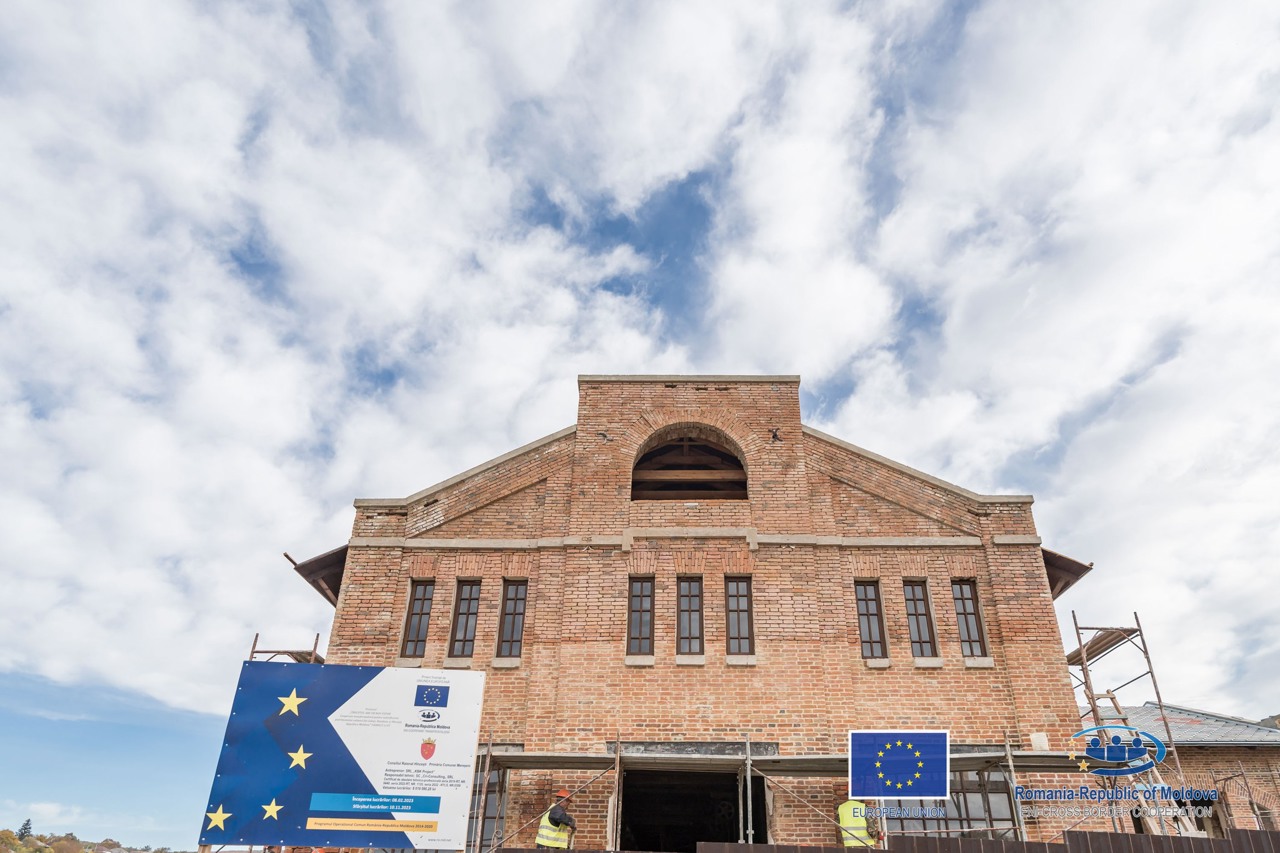EU salaries: Switzerland tops the list, Bulgaria at the bottom
According to Eurostat, the average annual salary in the European Union in 2022 was €37,600. However, there is a wide variation between countries, with the highest salaries in Switzerland and Iceland, and the lowest in Bulgaria, Romania, Croatia, Hungary, and Poland.

In Switzerland, the average annual salary was €106,000, followed by Iceland at €81,900. Luxemburg came in third at €79,900, followed by Norway at €74,500 and Belgium at €70,297.
On the other hand, the average annual salary in Bulgaria was €12,923, followed by Romania at €14,500, Croatia at €17,842, Hungary at €18,274, and Poland at €18,114.
There are a number of factors that contribute to these differences in salaries, including the level of economic development, the cost of living, the strength of labor unions, and the education and skills of the workforce.
In Switzerland, the high salaries are due to a number of factors, including a strong economy, a well-educated workforce, and a high cost of living. Iceland also has a strong economy and a highly educated workforce, but the cost of living is lower than in Switzerland.
In Bulgaria, Romania, Croatia, Hungary, and Poland, the low salaries are due to a number of factors, including a less developed economy, a lower cost of living, weaker labor unions, and a less educated workforce.
The European Commission is working to address the issue of gender pay gap, which stood at 12.7% in the EU in 2021. The Commission has launched a number of initiatives to promote gender equality in the workplace, including the Directive on pay transparency, which requires employers to provide information on pay differences between men and women.
The Commission is also working to improve the working conditions of workers in the EU, including by promoting collective bargaining and social dialogue.
Translation by Iurie Tataru





